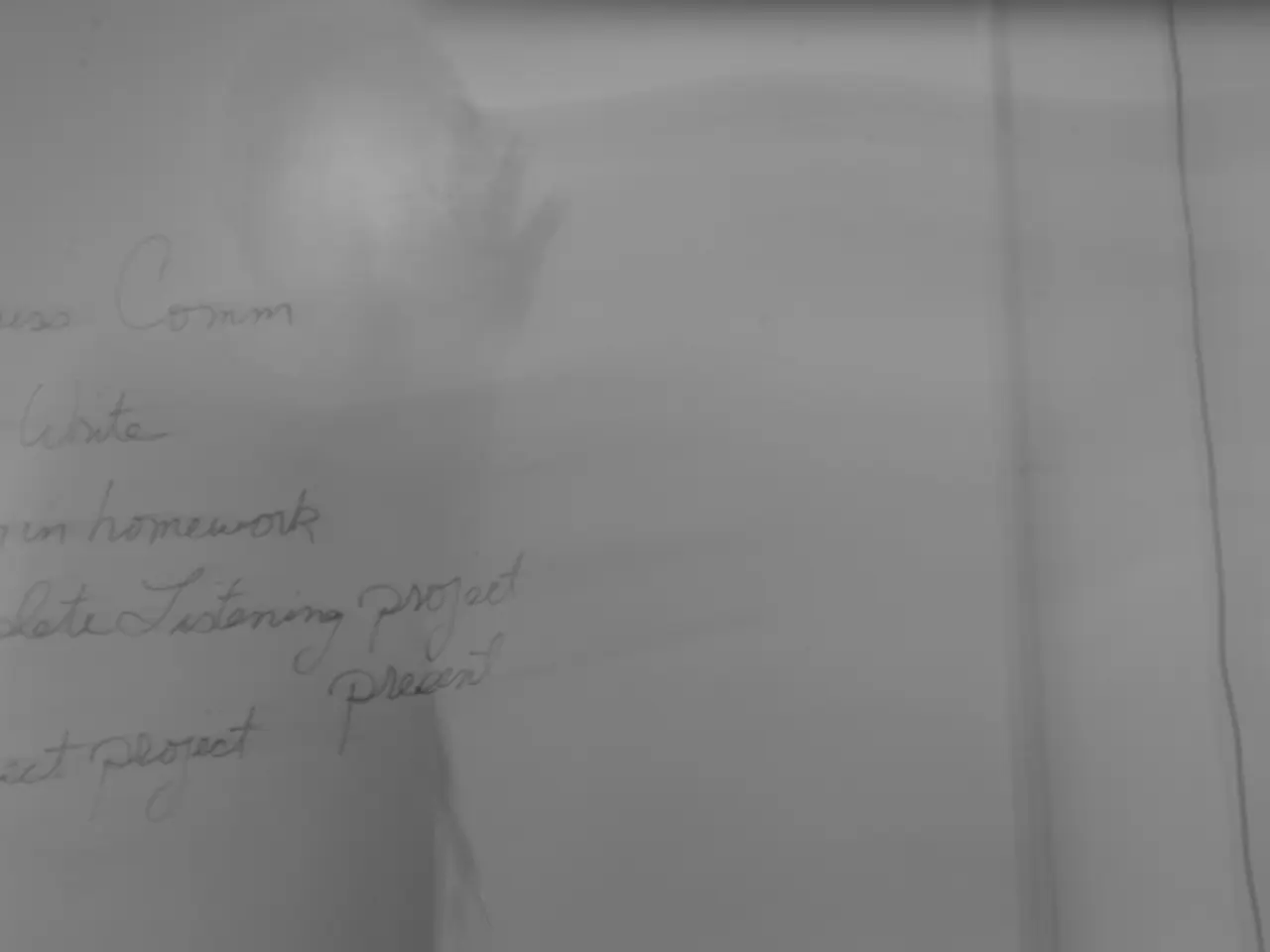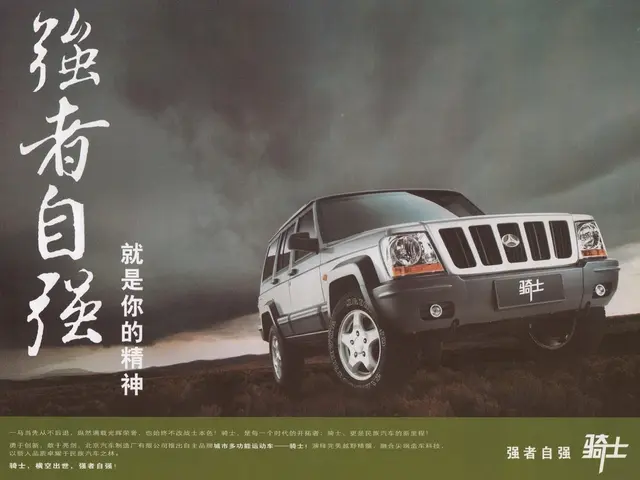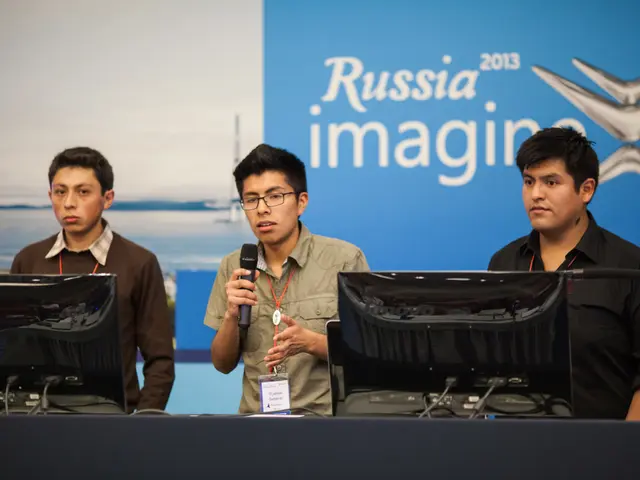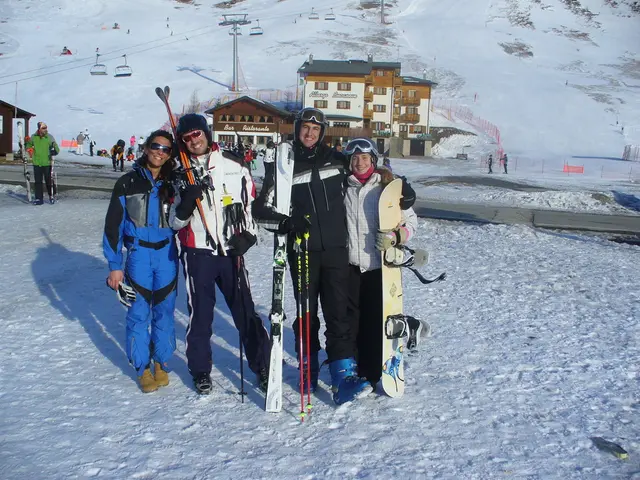Trump seeks application of a decades-old law against organized crime, aiming to take action against liberal demonstrators and activist groups.
In a series of recent developments, President Donald Trump and Senator Ted Cruz have been at the forefront of discussions surrounding the Racketeer Influenced and Corrupt Organizations (RICO) Act.
Trump has been vocal about his intention to bring racketeering charges against left-wing groups he accuses of promoting violence. He has been discussing this matter with Attorney General Pam Bondi, with the aim of using the RICO Act to prosecute these groups. However, it's important to note that there is no information available about Cruz sponsoring a law specifically aimed at expanding the power of RICO against organized protests and unrest.
Meanwhile, Cruz has introduced a bill that seeks to expand the powers of the RICO law. If successful, this bill would enable federal prosecutors to seek charges against and seize the assets of organizations and individuals who fund or coordinate riots that result in violence.
The use of the RICO Act in such cases is complex, as prosecutors must prove several elements, including interstate commerce and a pattern of criminal activity. Jeffrey Grell, who teaches about RICO cases, emphasizes this complexity, stating that racketeering cases are complicated due to these requirements.
Trump's efforts to use the RICO Act have been met with criticism. Last month, he called for a RICO investigation of liberal billionaire George Soros. Soros' Open Society Foundations have helped fund an array of liberal groups, including Indivisible, which has organized protests against Trump's agenda. However, there's no evidence that these groups had any involvement in the assassination of Charlie Kirk.
Trump has also faced state RICO charges in Georgia over his push to reverse his 2020 election loss, but the case is currently in limbo due to Georgia's Supreme Court declining to let the District Attorney prosecute.
Norm Eisen, a Trump critic, is hopeful that efforts to add rioting to underlying RICO offenses won't succeed, as he believes it can be turned against any organization. He argues that this could potentially be used to target peaceful protests, which are fundamentally different from violent acts.
Despite these controversies, Trump and his aides are planning to channel the mounting conservative anger over Kirk's killing into efforts to take on the president's political rivals.
In contrast, Trump has not addressed or has downplayed attacks on Democratic politicians. Open Society has also denied any wrongdoing and condemned the accusations as disgraceful and dangerous.
Rioting, according to Trump, is about actions, not words. Some influential Republicans agree with him and have been pushing to include rioting as one of the crimes that falls under the racketeering statute. However, a prosecutor is more likely to charge people disrupting ICE arrests in Los Angeles with obstruction of justice, rather than pursuing racketeering claims.
In conclusion, the use of the RICO Act in the context of protests and riots is a contentious issue, with both Trump and Cruz advocating for its use while critics warn of potential misuse and the targeting of peaceful protests. The future of these efforts remains uncertain, with ongoing debates and legal challenges.
Read also:
- United States tariffs pose a threat to India, necessitating the recruitment of adept negotiators or strategists, similar to those who had influenced Trump's decisions.
- Weekly happenings in the German Federal Parliament (Bundestag)
- Southwest region's most popular posts, accompanied by an inquiry:
- Discussion between Putin and Trump in Alaska could potentially overshadow Ukraine's concerns








